The Mizo National Front (MNF), a separatist organisation which was formed on October 22, 1961, with Laldenga as its President, declared Mizoram as an independent country on March 1, 1966. The organization initially named as Mizo National Famine Front (MNFF). It was started in 1959 to protest against Indian Government. The organization alleged that the Indian Government not taking action on famine. The people of Lushai Hills woke up to ‘Mautam’, a strange ecological phenomenon that occurs in cycles of 50 years, causing famine and immense hardship to Mizos who were earlier totally dependent on agriculture.
But the famine was not the main motto of the organisation. This was the starting point with the demand of an independent State for Mizos. The body came to be known as Mizo National Front in 1966 when it launched an insurgent movement against the Indian Armed Forces. What was the need to fight with the Indian Army? Due to famine? At that time, the country had become independent a mere 20 years back. So, the fight with Indian Army highlights the real motto of the organisation, The formation of separate independent State for Mizos.
Christianity in Mizoram
As per 2011 Census, over 87% of Mizoram’s total population of 1.12 million is made up by devout Christians with 2.7% Hindus and 1.3% Muslims. The Mizoram Presbyterian Church (MPC) has nearly 600,000 followers and 1,097 churches across the state. So the social values in Mizo society were founded upon Christian doctrines and principles. The spread of Christianity in Mizoram was started in 1894. Mizoram Presbyterian Church which was established by a Welsh missionary Rev. D.E. Jones. In the same year, Rev. JH Lorrain founded the Baptist Church Of Mizoram. His younger brother Rev. R.A.Lorrain was the first pioneering missionary to the Mara people in the southernmost part of Mizoram state. He evangelized the people of whole state- Presbyterians in the north, Baptists in the middle and Evangelicals in the south. The Mara people are the native inhabitants of Mizoram in India.
The Church role in Mizoram politics and State Administration
The Baptist Church leaders formed the Lunglei Citizens Committee on March 8, 1966. Lunglei is one of the eight districts of Mizoram. It was through this Citizens’ Committee that the Church took an active part in social as well as political order within the famine-affected district of Mizoram. With the insurgent activities intensifying and the counter-insurgency measures stepped up in the whole state of Mizoram, the Standing Committee of the Presbyterian Synod held a meeting on March 14, 1966, which led to the formation of a ‘Christian Peace Committee’ with members being drawn from both the Presbyterian and Baptist churches.
The first visible engagement of the Church in the electoral process was seen in 1972 when the election was held for the first time in the newly formed Union Territory of Mizoram. In this election, the Church fathers issued a statement, appealing and urging the politicians, candidates and the members of the Church for a clean, free and fair election. The importance of the voice of the Church was further strengthened when another strong and influential civil society organization, the Young Mizo Association (YMA), joined the movement. In the subsequent elections, they have involved themselves deeper and further by taking up a proactive role in the voters’ sensitisation and electoral participation. Under the influence of these Christian bodies, In June 1986, the Mizoram Peace Accord was signed between the MNF and the government of India. As per this Accord, the region was given statehood and the separate state of Mizoram was born in February 1987. MNF Chief Laldenga became the state’s first Chief Minister. In 1998 and 2003, MNF won the majority in the state with Zoramthanga as CM for most of this period.
Guidelines framed by the election commission’s model code of conduct define how elections are to be carried out across India. But in Mizoram, a church-sponsored poll watchdog has been trying to ensure free and fair polls. With the influence of the church, in 2006, Mizoram People’s Forum (MPF) was formed with the objective of fair and peaceful elections in the state. MPF body issues the guidelines for all elections held in Mizoram. The candidates of all national and regional parties contesting the polls in the state supposed to sign an eight-point memorandum of understanding (MoU) with MPF. In the 2008 elections, however, the MNF lost power to the Congress and couldn’t come back in 2013. Then again the Church played an important role. In a state with a Christian majority, the Church plays a decisive role in all matters related to civil society. After five years of congress rule (2013-2018), a major factor that went against the party was its decision to do away with complete prohibition in the state and allow the consumption of alcohol in moderation. The move widely perceived as anti-church, this move became contentious in the 2018 State election. The MNF capitalised on the moment by promising complete prohibition if it came to power. As a result, Zoramthanga took oath a CM of Mizoram, received the majority of 26 seats in 40 member assembly. He got the backing of Church. The majority Christian believers of Mizoram also follow the order of churches. The following statement of Zoramthanga, Chief Minister and President of Mizo National Front (MNF), explains the political influence of Churches in Mizoram and relation between one of the earlier separatist organization and now political party MNF and Churches.
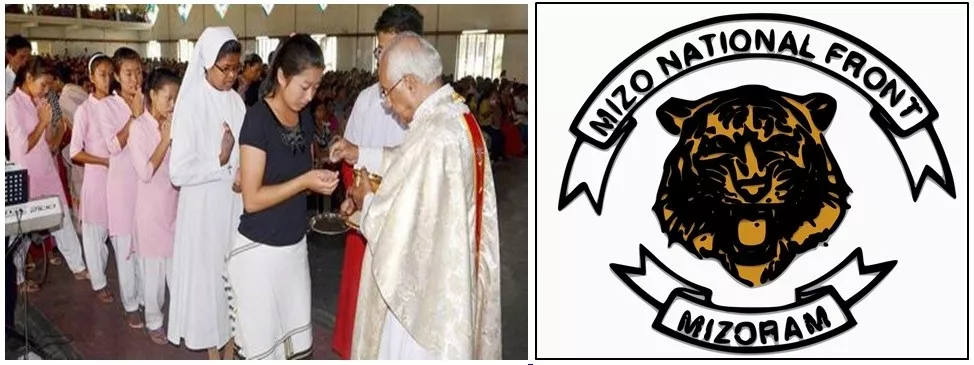
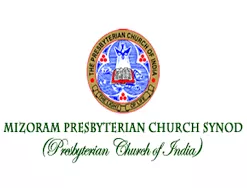
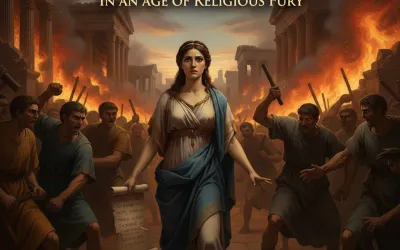
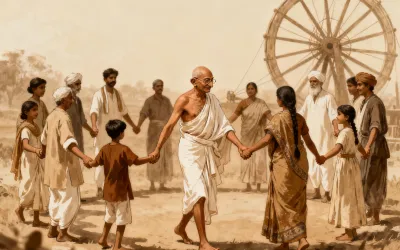
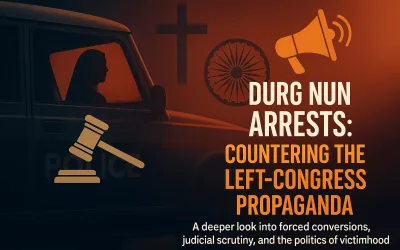
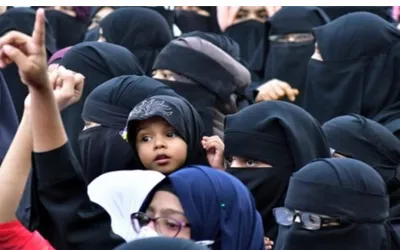
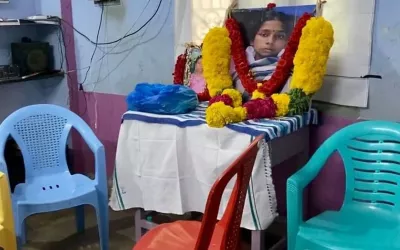
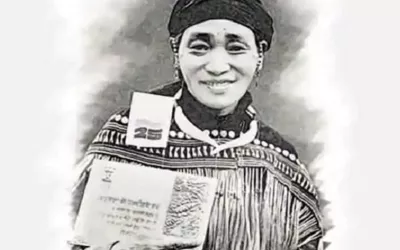
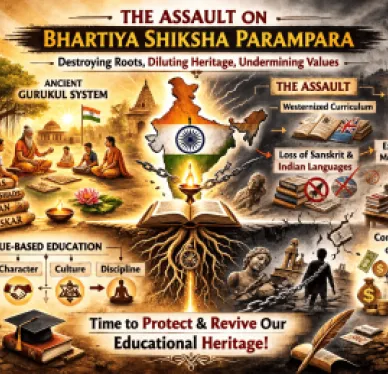
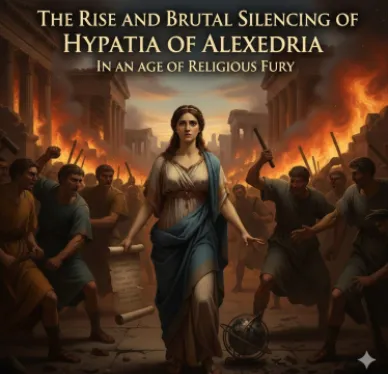
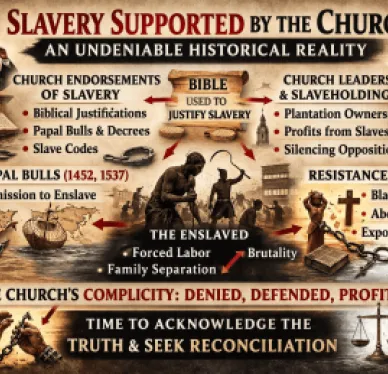
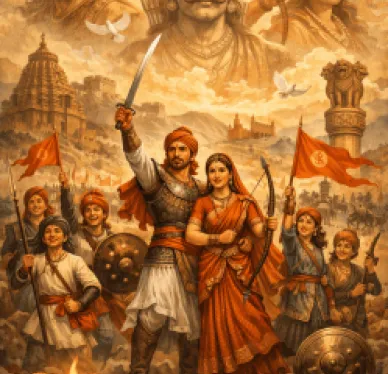
Comments
Add new comment